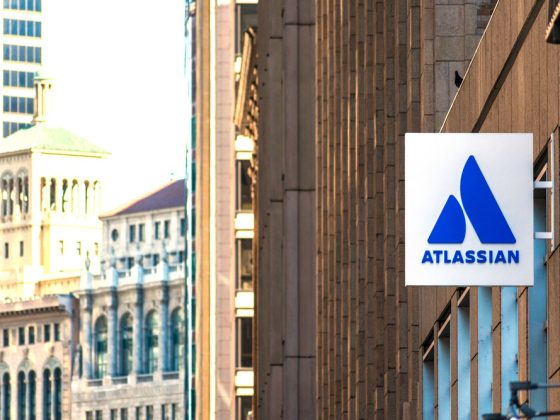France finds itself in a challenging economic and political situation that raises alarms for the rest of Europe.
With GDP growth forecast at just 0.6% for 2025 and a budget deficit projected to reach 6.1% in 2024, the country is under significant strain.
The government has introduced fiscal adjustments and regulatory changes, but are these measures enough to stabilize the economy, or does France need more profound reforms to truly turn things around?
How weak is the French economy?
The French economy has started 2025 on a sluggish note. Growth has been grinding to a near halt, with the fourth quarter of 2024 shrinking by -0.1% and only marginal improvement (0.1% growth) is expected in the first quarter of 2025.
According to research by ING, forecasts for the full year show GDP expanding by just 0.6%—a far cry from the 1.1% growth seen in previous years.
The business climate index remains stuck at 95, below its long-term average. In key sectors like industry and construction, order books are shrinking, making declining activity evident.
In fact, industry order books are at their lowest level since 2014, while the construction sector faces another challenging year as demand falters.
Even services are showing cracks. Real estate activities are holding steady, but almost all other sub-sectors are performing below average.
Meanwhile, household consumption is subdued despite falling inflation and rising real wages.
Instead of spending, many households are saving more due to fears about unemployment and economic uncertainty.
Why are public finances under pressure?
The nation’s budget deficit reached 6.1% of GDP in 2024, far above the EU’s 3% limit. The government aims to reduce this to 5-5.5% in 2025, but achieving this goal is complicated by the current political gridlock.
François Bayrou’s administration has proposed €50 billion in spending cuts and tax hikes, a less aggressive plan compared to its predecessor under Michel Barnier.
However, political divisions make it difficult to pass meaningful reforms. France’s parliament is deeply fragmented, with no clear majority, making every budget negotiation a battle.
These fiscal challenges haven’t gone unnoticed. Financial markets are growing uneasy, with Moody’s downgrading France’s credit rating in late 2024.
Bond spreads against German debt have widened, indicating increased investor concern.
The country’s political instability is undeniable, having changed four prime ministers in 2024.
Is regulation holding back French businesses?
French businesses are increasingly vocal about the EU’s regulatory framework, which they argue is stifling growth.
The spotlight is on the Corporate Sustainability Reporting Directive (CSRD), a set of ESG (Environmental, Social, and Governance) requirements that critics say impose disproportionate compliance costs.
CSRD could affect up to 50,000 companies, requiring them to report hundreds of ESG data points, which many find overwhelming.
France has called for a “massive regulatory pause” and revisions to simplify these rules.
Proposals include delaying certain banking regulations, easing requirements for mid-sized firms, and narrowing ESG reporting obligations to focus on climate objectives.
The government also highlights the competitive disadvantage European companies face compared to the US, where President Trump has rolled back many regulations in favor of businesses.
These regulatory burdens are part of a broader issue. The French government estimates that the EU’s regulatory framework has cost the bloc 10% of its GDP potential.
It is true that simplifying regulations could help French companies grow and compete internationally, but progress has been slow.
Can political stability be restored?
France’s political turbulence does not help its economic situation. The Bayrou government is navigating a deeply divided parliament where left-wing and far-right parties wield significant influence.
The collapse of the previous government over budget disagreements says a lot about how difficult it is for parties to reach consensus.
Bayrou is trying to secure support from left-wing parties by offering concessions, including a less severe fiscal consolidation plan.
However, tensions remain high, and another no-confidence vote could derail progress.
Political instability is not just a domestic issue—it sends negative signals to markets and investors, further undermining confidence in France’s ability to manage its economy.
Can the French economy make a comeback?
The path forward for France is challenging to say the least. Simplifying regulations and easing fiscal consolidation efforts could provide short-term relief for businesses and households.
However, improving labour market flexibility and reducing public spending inefficiencies would be essential for long-term stability.
Economic recovery may be on the horizon, but not before 2026. Even then, growth is likely to remain subdued, with projections hovering around 1%.
A restrictive fiscal policy and an uncertain international environment could limit the recovery’s scope.
France’s situation is a warning for the rest of Europe. Whether France’s leaders can rise to the occasion will determine not only the country’s economic trajectory but also its role within the European Union.
The post France’s dire economic and political situation is a warning for Europe appeared first on Invezz


